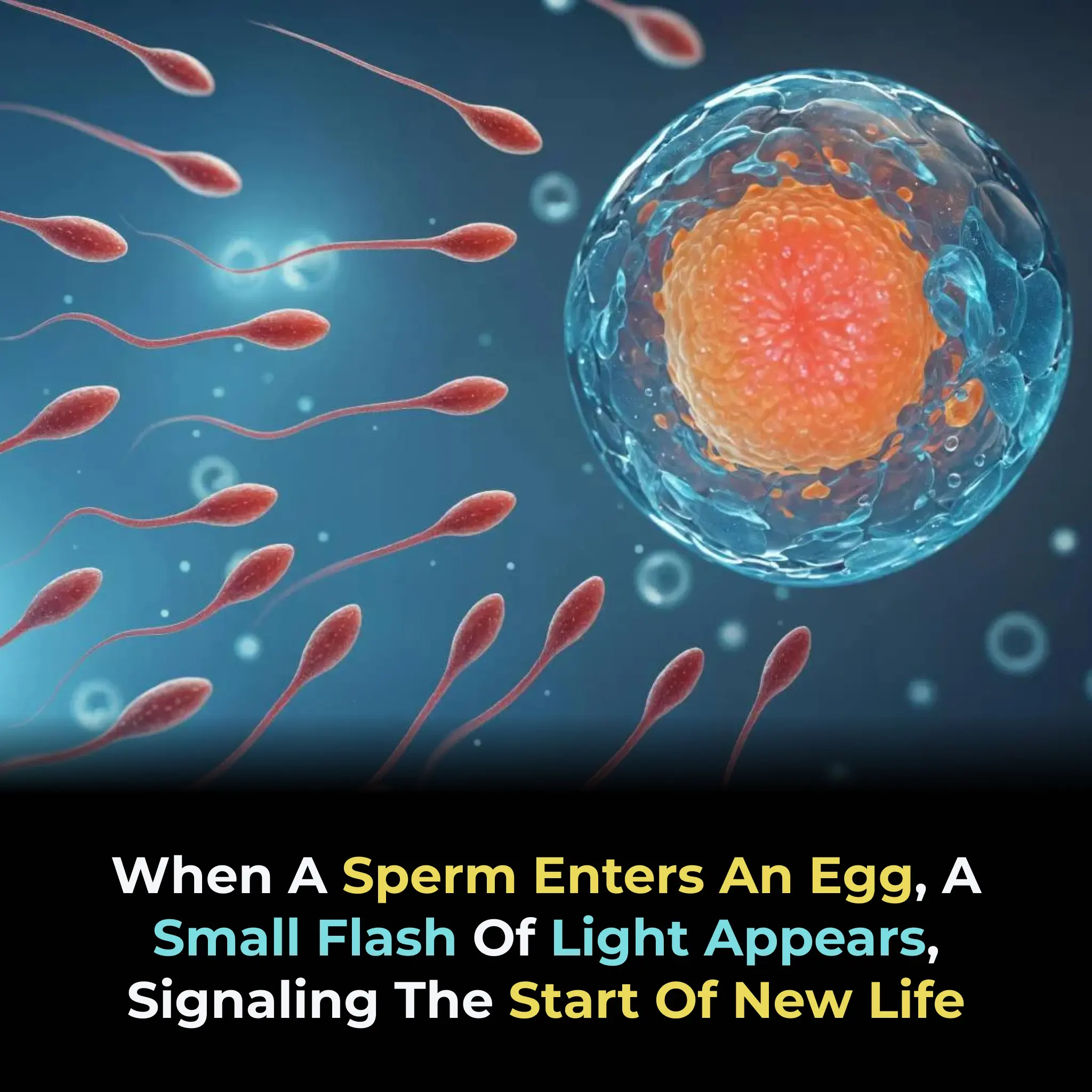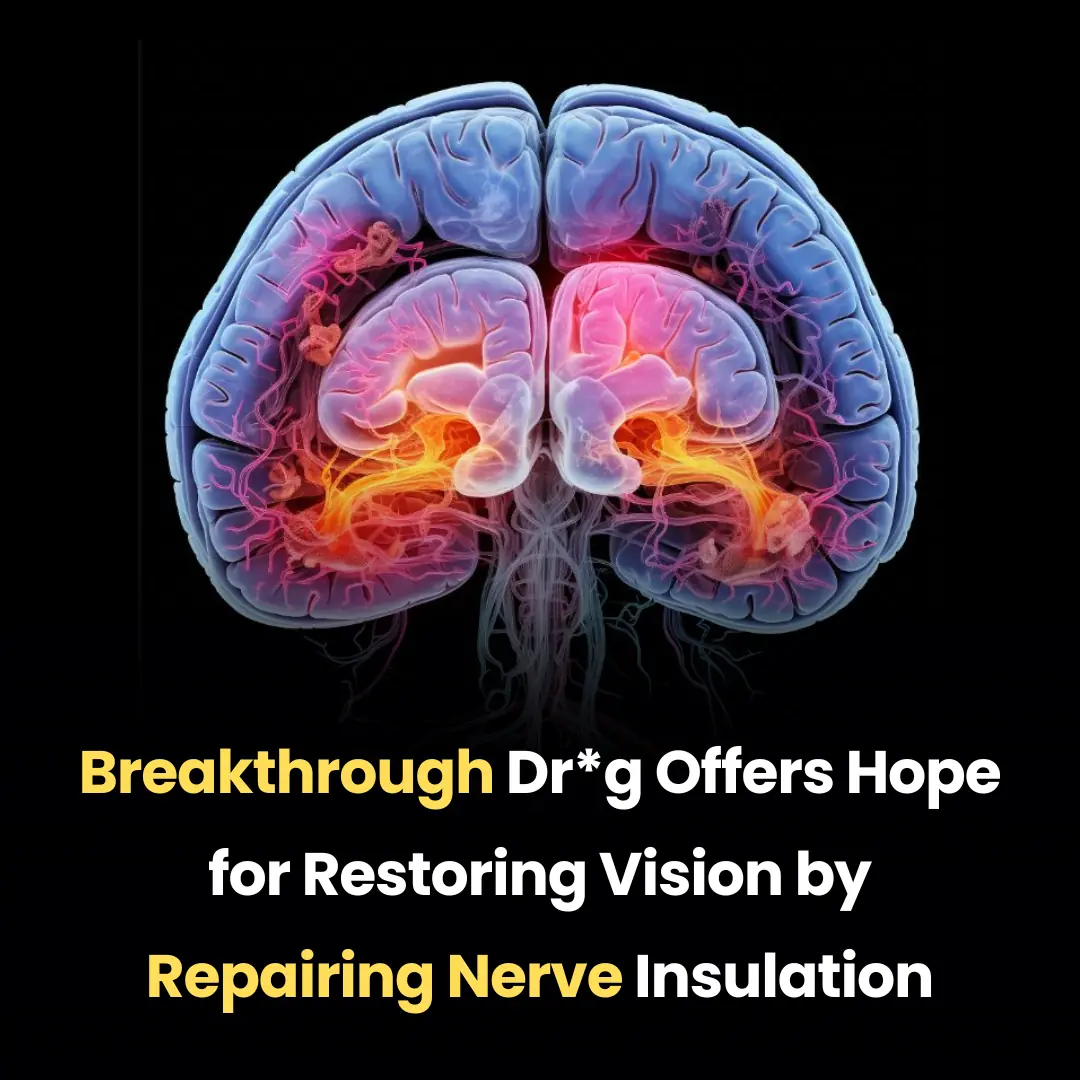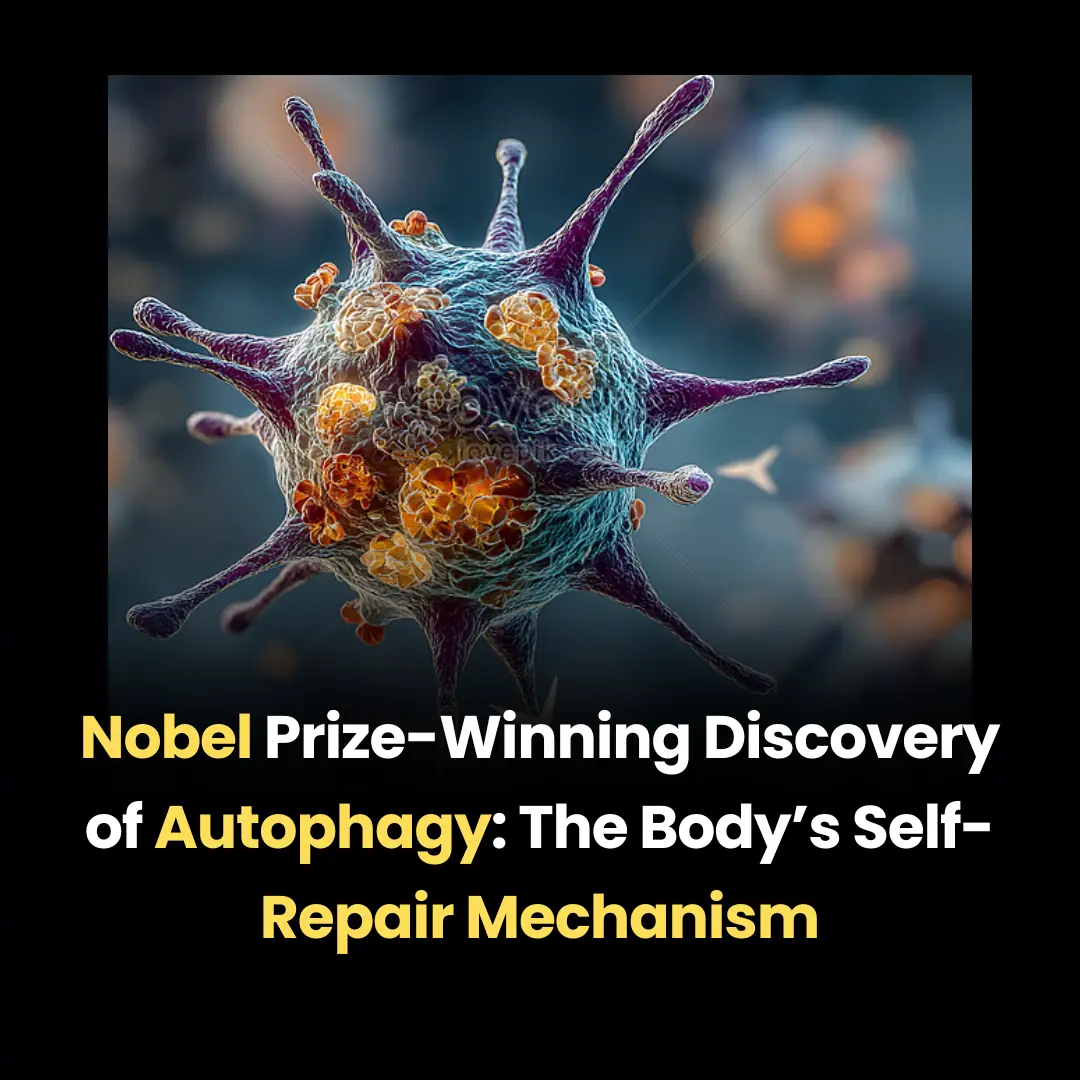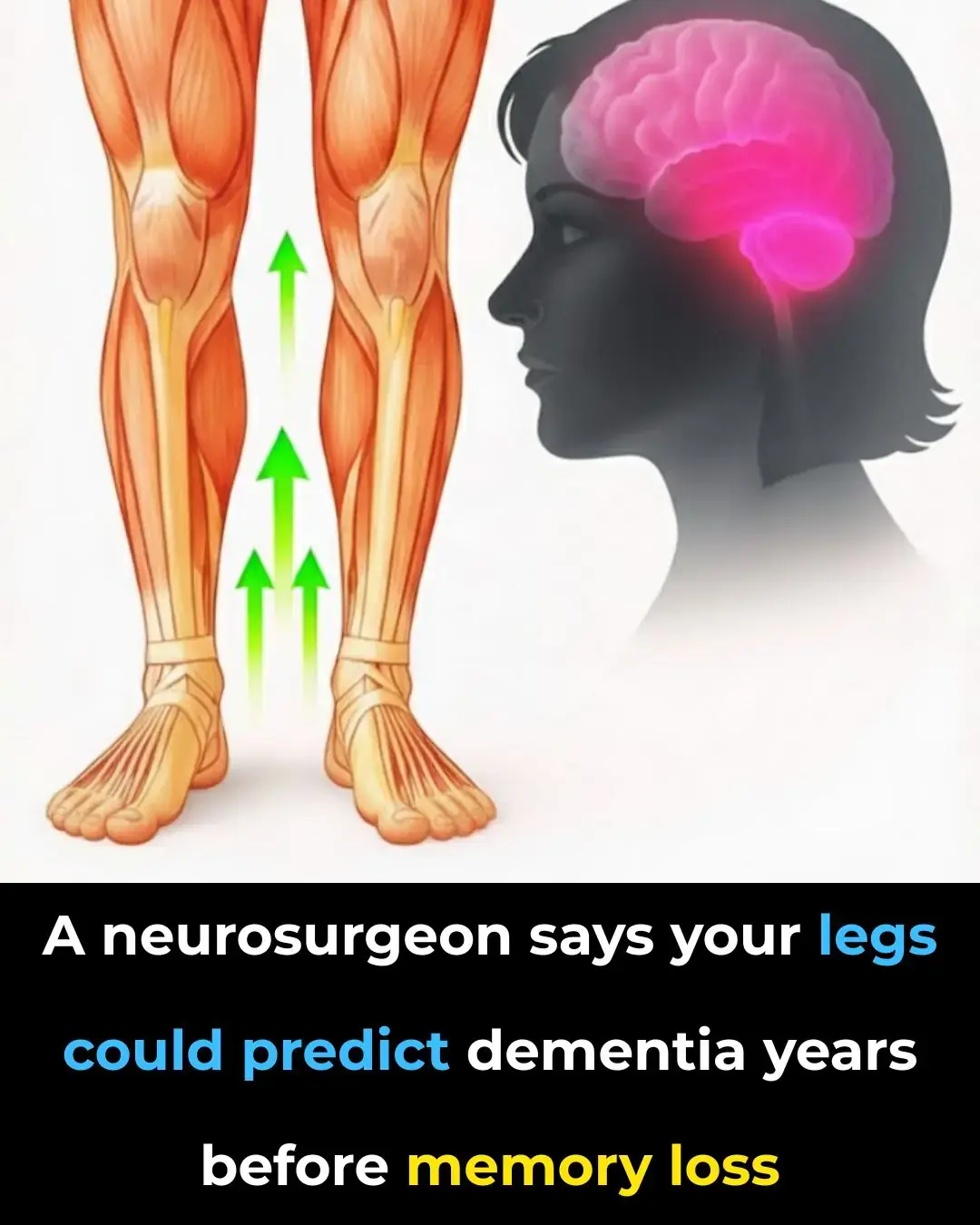
A New Dawn for Chronic Kidney Disease Treatment: From Management to Possible Remission
We may be entering a new golden age in the treatment of chronic kidney disease (CKD). Recent advances in medicine — particularly with drugs originally developed for diabetes — are showing promise not only in slowing the progression of CKD, but in some cases actually improving kidney function.
For decades, options for people with advanced CKD were limited and burdensome: long-term dialysis or waiting for a transplant. But emerging therapies are rewriting this narrative. In particular, drugs known as Semaglutide and Tirzepatide — both agonists of the GLP-1 receptor — have demonstrated remarkable kidney-protective effects in clinical studies.
Semaglutide has shown strong results: in a 2024 late‑stage trial, patients receiving it had a significantly reduced rate of progression to end‑stage kidney failure and a lower risk of death from cardiovascular causes compared with placebo — so much so that the study was terminated early for efficacy. Meanwhile, analyses suggest that GLP-1 receptor agonists may directly benefit kidney health by reducing inflammation, decreasing albuminuria (protein leakage in urine), and alleviating some of the metabolic burdens that worsen CKD.
Beyond GLP-1 agents, other classes of medications — including those used for hypertension or diabetes-associated kidney stress — and more targeted treatments for specific kidney disorders (such as autoimmune kidney diseases) are emerging. These aim not just at symptom management but at addressing underlying mechanisms causing kidney damage.
One of the most encouraging aspects of these developments is the growing belief among nephrologists and researchers that we may be shifting from merely “managing CKD” toward long-term remission — and, possibly, in select cases, restoration of kidney function. With improved therapies, better monitoring, and personalized treatment strategies, patients stand a chance at a significantly better quality of life, with reduced need for dialysis or transplantation.
That said, experts caution that while results are promising, long-term data remain limited — especially for patients with very advanced CKD, or those without diabetes. More research and larger clinical trials are necessary to confirm safety, efficacy, and applicability across diverse patient populations.
Nevertheless, the progress so far offers real hope. The convergence of new medications, improved understanding of kidney disease mechanisms, and better clinical management may finally usher in a new era in CKD care — one where remission, not just survival, becomes an achievable goal.
Sources
-
“Scientists found a way to reverse kidney damage — is a cure for chronic kidney disease finally in sight?”, National Geographic, November 14, 2025. (National Geographic)
-
“GLP‑1 Receptor Agonists and Kidney Health in CKD Patients,” National Kidney Foundation, 2024. (National Kidney Foundation)
-
“Renal Outcomes of GLP‑1 Receptor Agonists (Semaglutide and Tirzepatide) in Patients with Type 2 Diabetes and Chronic Kidney Disease,” Multicenter Latin American Study, 2025. (ResearchGate)
-
“Comparative Kidney and Cardiovascular Outcomes with Tirzepatide vs GLP‑1 Receptor Agonists in Type 2 Diabetes,” JAMA Network Open, 2024. (JAMA Network)
-
Overview on managing CKD in diabetic and non‑diabetic patients, including role of newer therapies, BVNghean Medical Journal, 2025.
News in the same category


How Europe Says "Street": A Multilingual Journey Through Language and Culture

A Butterfly, A Flute, and Unshakable Composure: The Legendary Performance of Yukie Ota

Felix Baumgartner's Record-Breaking Jump: Breaking the Sound Barrier from Space

A Pacemaker the Size of a Grain of Rice: Revolutionizing Heart Care

Denmark’s Ground‑Breaking Proposal: Granting Citizens Copyright Over Their Face, Voice and Body to Combat Deepfakes

Science vs. Disney: What Finding Nemo Didn’t Tell You About Clownfish

U.S. Grocery Costs Hit Record High: Families Now Spending Over $1,000 a Month

When Mating Turns Dangerous: The Fierce Behavior of the Sydney Octopus

Welcome to the Monkey Madness: Thailand’s Unforgettable Lopburi Buffet

Why Height Matters So Much in Online Dating — And What the Numbers Reveal

Samsung Outpaces Apple Again — And Why Shipment Volume Still Matters

Thicker Thighs Linked to Lower Risk of Heart Disease and Diabetes, Study Finds

Breakthrough Drug Offers Hope for Restoring Vision by Repairing Nerve Insulation

Nobel Prize-Winning Discovery of Autophagy: The Body’s Self-Repair Mechanism

Dietary RNA: A Key to Slowing Cellular Aging and Promoting Longevity

The Role of Fish Oil Supplementation in Enhancing Fat Loss and Muscle Growth: A Scientifically Supported Approach

Dandelion Root Extract Shows Potential to Eliminate Up to 95% of Cancer Cells in 48 Hours

Meet the Solar-Powered Sea Slug: The First Animal Known to Photosynthesize!
News Post

When a Woman Bites Her Lip While Staring at You, It Means She Is ...

Have you noticed small white spots on your arms or legs… and you don't know what they are?

4 Best Clove Toners for Beautiful Skin

How Europe Says "Street": A Multilingual Journey Through Language and Culture

Never Toss Banana Peels Again: The 2,000-Year-Old “Trash” Trick That Erases Wrinkles, Heals Scars, Whitens Teeth & Drops Blood Pressure Overnight

A Butterfly, A Flute, and Unshakable Composure: The Legendary Performance of Yukie Ota

The $5 Kitchen Secret: Why You Should Be Brushing Your Teeth with Turmeric and Baking Soda

Felix Baumgartner's Record-Breaking Jump: Breaking the Sound Barrier from Space

A Pacemaker the Size of a Grain of Rice: Revolutionizing Heart Care

Denmark’s Ground‑Breaking Proposal: Granting Citizens Copyright Over Their Face, Voice and Body to Combat Deepfakes

10 DIY Beauty Ice Cubes for Radiant, Glowing Skin

This carb is more damaging to your blood sugar than pure sugar

A neurosurgeon says your legs could predict dementia years before memory loss

Science vs. Disney: What Finding Nemo Didn’t Tell You About Clownfish

U.S. Grocery Costs Hit Record High: Families Now Spending Over $1,000 a Month

When Mating Turns Dangerous: The Fierce Behavior of the Sydney Octopus

Welcome to the Monkey Madness: Thailand’s Unforgettable Lopburi Buffet

Why Height Matters So Much in Online Dating — And What the Numbers Reveal
